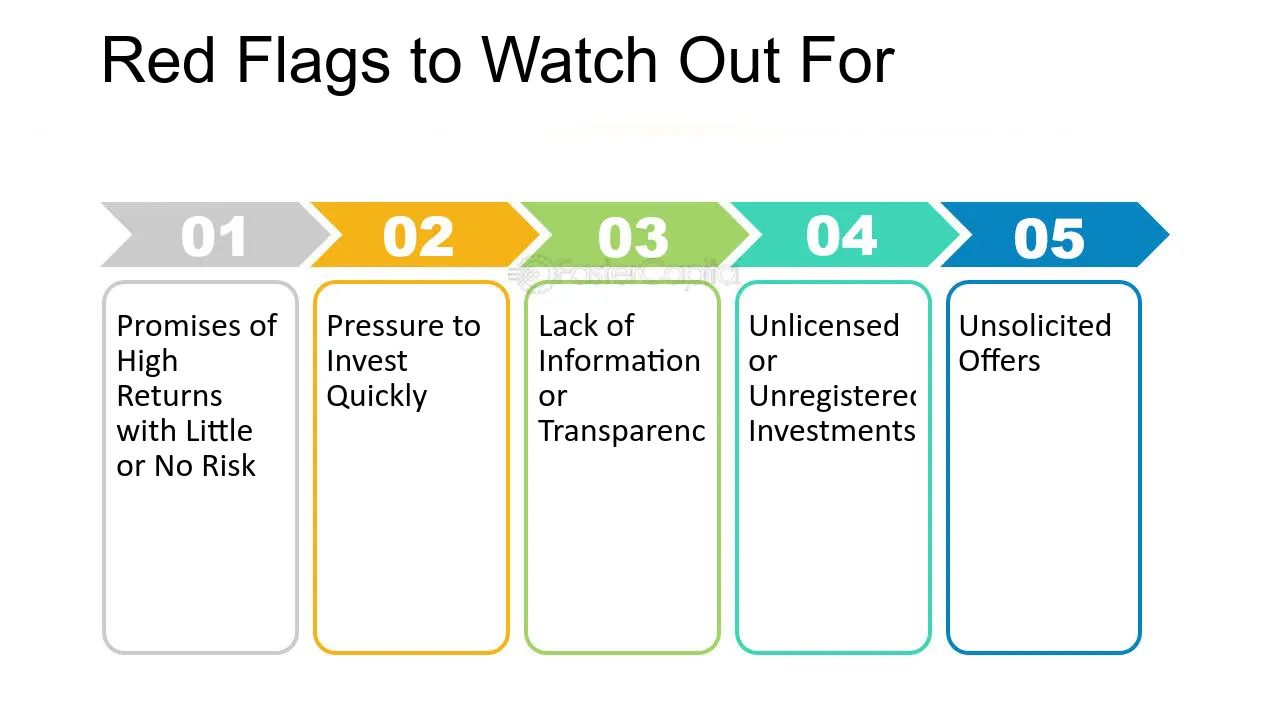
10 Important Reasons Why New Investors Lose Money In The Stock Market
In the dynamic world of stock market investing, newcomers often find themselves navigating through turbulent waters, encountering pitfalls that can lead to financial losses. While the allure of high returns can be enticing, it’s crucial for new investors to understand the common reasons behind potential losses.
Kenya’s stock market, for example, is relatively small compared to more developed markets. This limited market depth can lead to lower liquidity and higher price volatility, making it challenging for investors to enter and exit positions efficiently.
We can’t dismiss such factors as Market Manipulation, Information Asymmetry, Infrastructure and Technology and Limited Investment Options that also affect your stock trading.
New investors must arm themselves with knowledge, exercise caution, and adopt a disciplined approach to investing in order to navigate the complexities of the market successfully.

Investing in Kenya’s stock market can still offer opportunities for growth and wealth creation. However, investors should approach the market with caution, conduct thorough research, and seek professional advice to mitigate risks and maximize returns.
Here are 10 key factors contributing to the downfall of many novice investors:
- Lack of Research: Failing to conduct thorough research before investing is a common mistake. Newcomers often dive into stocks based on tips or hearsay, without understanding the company’s fundamentals, market trends, or financial health.
- Emotional Investing: Emotional decision-making, driven by fear or greed, can lead to impulsive actions such as panic selling during market downturns or buying into hype-driven stocks at inflated prices.
- Overleveraging: Using excessive leverage, such as margin trading, can amplify both gains and losses. New investors often underestimate the risks associated with borrowing money to invest, potentially leading to significant losses beyond their initial capital.
- Lack of Diversification: Putting all eggs in one basket by investing in a single stock or sector exposes investors to heightened risk. Diversification across different asset classes and industries can help mitigate losses during market downturns.
- Ignoring Risk Management: Failing to set stop-loss orders or establish risk management strategies can leave investors vulnerable to unexpected market fluctuations. Understanding and managing risk is essential for preserving capital.
- Chasing Hot Trends: Succumbing to FOMO (Fear of Missing Out) by chasing hot stocks or trends without proper analysis can result in buying at peak prices, only to experience subsequent price declines.

- Ignoring Fees and Expenses: Overlooking the impact of fees, commissions, and taxes can erode investment returns over time. New investors should carefully consider the cost of investing and opt for low-cost investment options where possible.
- Short-Term Trading Mentality: Adopting a short-term trading mentality without a long-term investment strategy can lead to frequent trading, excessive transaction costs, and suboptimal returns. Patience and discipline are key virtues in successful investing.
- Lack of Education: Investing in the stock market without acquiring sufficient knowledge and understanding of basic financial concepts can be risky. New investors should prioritize education and seek guidance from reputable sources.
- Failure to Adapt: The stock market is dynamic and constantly evolving. Failure to adapt to changing market conditions, economic trends, or regulatory environments can lead to missed opportunities or unexpected losses.





